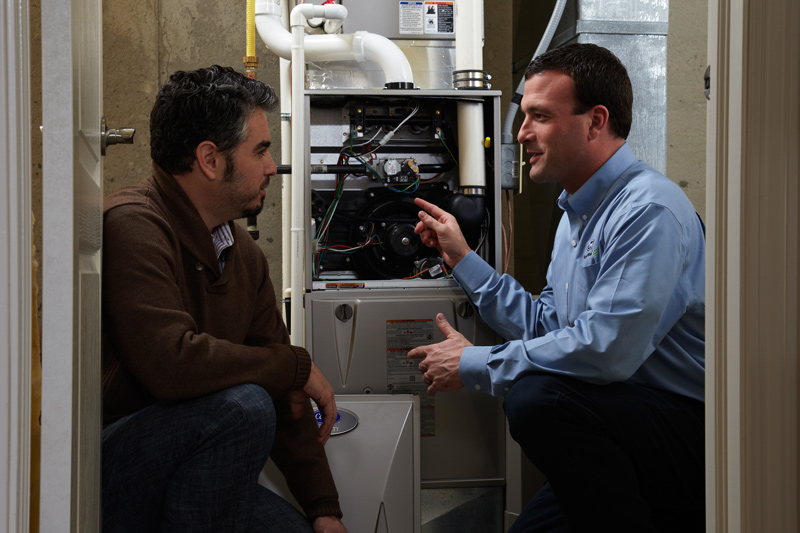As the cold winter months are passing, you may be considering replacing your old furnace with a newer model. If so, you might want to consider installing a furnace heat exchanger. A furnace heat exchanger is an essential part of many furnaces, and it can help prevent significant problems in your home during the winter months. This blog will discuss what you need to know about this device and how it works.
What Is a Furnace Heat Exchanger?
A furnace heat exchanger is an integral part of most furnaces. This part helps to transfer heat from the burned fuel gasses in your home's furnace to the water that goes through a separate pipe within the unit. The heated water then flows throughout your home, providing you with warm air during cold winter months when temperatures drop below freezing outside.
What Is a Furnace Heat Exchanger Used For?
A furnace heat exchanger can be used for new construction and replacement applications. If you are replacing an existing unit, it may be easier to install it as part of the furnace itself rather than attempting to add one during the installation of each heating zone in your home. In addition, homeowners who live in colder climates, where temperatures can fall below freezing during the winter months, will benefit from having this furnace component.
Which Troubles Can Furnace Heat Exchanger Have?
While a furnace heat exchanger can help you save money on your energy bills during the winter, some potential problems may cause it to malfunction. If this furnace heat exchanger becomes clogged with dirt or debris of any kind, for example, it could prevent heated water from flowing through the unit and into your home's heating system. This will not only cause your furnace to work harder, but it may also prevent the system from heating your home sufficiently.
Taking Care of a Furnace Heat Exchanger
A furnace heat exchanger is a relatively low-maintenance device, and it should not need to be replaced very often. However, if you notice that your home's heating system isn't working as well as usual or that there seems to be less hot water flowing through the pipes than average, the chances are good that the unit may be clogged with dirt or other debris. To clean the furnace heat exchanger, you may need to remove it from the furnace and take it outside for a good scrubbing. Be sure to consult your furnace's owner's manual before attempting this, as some models may require special care when cleaning.
You can avoid these problems by having a professional service technician inspect and clean furnace heat exchanger every few years. If you would like more information on how much it costs for our team of technicians to complete one of these services, be sure to get in touch with us at your earliest convenience! Call A-Plus Quality today!



